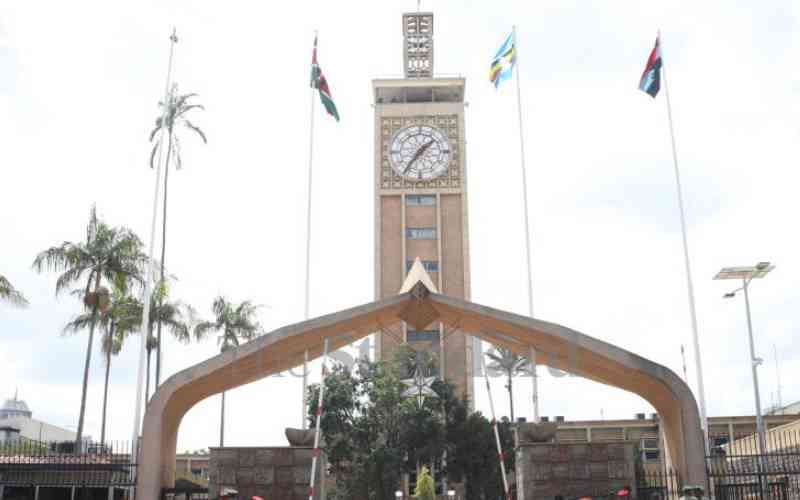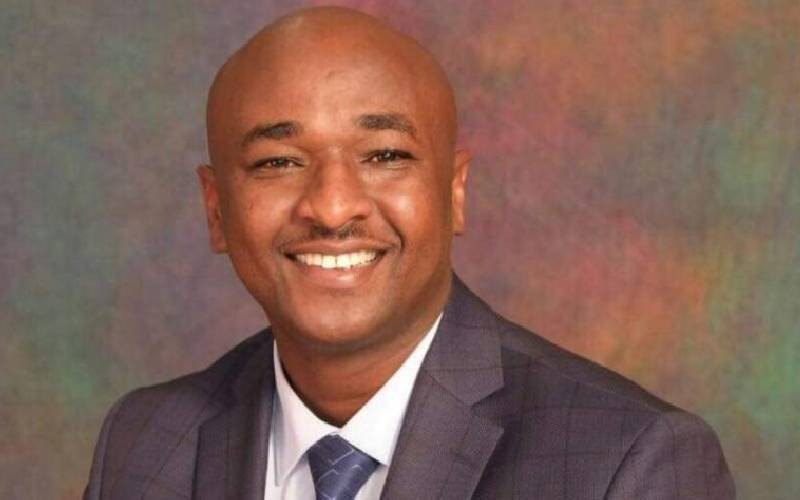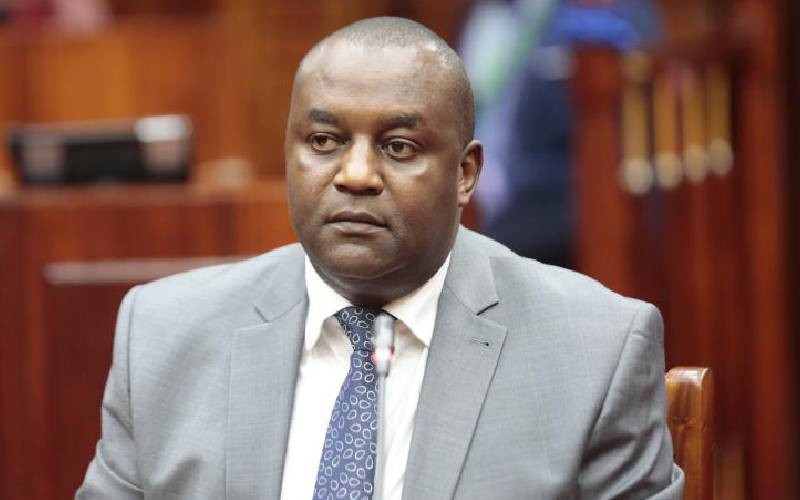Members of the National Assembly seem determined to trample on media freedom in Kenya by hook or by crook.
Not content with trying to insulate themselves against a resurgent Judiciary through a bill that seeks to bar the latter from handling matters before the august House, the lawmakers are also determined to muzzle press freedom through oppressive laws.
Through the Security (amendment) Bill 2014, which was hastily adopted in December last year amid chaotic scenes on the floor of the House that were beamed live to the public and the larger world, the MPs sought to restrict media freedom.
Had it not been for the intervention of the Opposition, which went to court and succeeded in having a few offensive sections expunged from the Bill, it would have been exceedingly difficult for journalists and media houses to do objective reporting without seeking clearance from jittery Government agencies.
That, however, has not stopped MPs from trying to restrict media freedom through another bill that has been sponsored by Eldas MP Adan Keynan. The bill bears some outrageous proposals like the one that seeks to bar journalists from reporting parliamentary proceedings.
There are some home truths that MPs must face up to.
First, Members of Parliament must understand that the institution of Parliament belongs to the people of Kenya.
Secondly, Members of Parliament are elected by Kenyans to represent their interests in the august House. Kenyans need to know what the pampered legislators are deliberating.
Since it is not possible for all Kenyans to attend proceedings in Parliament, the media act as the eyes and ears of the public. The Fourth Estate watches over the rest of the arms of Government, sniffing out acts of misdemeanour for punishment and heaping praise where appropriate.
The constitutional right of Kenyans to information cannot just be wished away on the whims of a few legislators who possibly have something to hide.
Media revelations that House committees like the Public Accounts Committee (PAC) were susceptible to manipulation by those they were probing might have rankled MPs, who are now determined to pass selfish legislation that rolls back the gains in freedom and democracy.
Could it also be that MPs would be more comfortable to engage in unbecoming behaviour in the chambers as they did in December 2014 without such happenings coming into the public domain? Did ranking MPs according to how they participate in debates lead them to be protective so that they can continue to dupe the electorate by permanently keeping them in the dark?
There are no easy answers to those questions, but the hard questions ought to be asked.
In a nutshell, the Kenya Constitution 2010 has specific inalienable rights that selfish legislators want to erode, but must not be allowed to do so. MPs must be made to appreciate that the media is not subservient to the Legislature and inasmuch as MPs don't want interference with their work, they should allow other institutions to do their work unencumbered.
It is not proper for MPs to view themselves as a cut above other Kenyans, to whom they are answerable.
Stay informed. Subscribe to our newsletter
 The Standard Group Plc is a
multi-media organization with investments in media platforms spanning newspaper
print operations, television, radio broadcasting, digital and online services. The
Standard Group is recognized as a leading multi-media house in Kenya with a key
influence in matters of national and international interest.
The Standard Group Plc is a
multi-media organization with investments in media platforms spanning newspaper
print operations, television, radio broadcasting, digital and online services. The
Standard Group is recognized as a leading multi-media house in Kenya with a key
influence in matters of national and international interest.
 The Standard Group Plc is a
multi-media organization with investments in media platforms spanning newspaper
print operations, television, radio broadcasting, digital and online services. The
Standard Group is recognized as a leading multi-media house in Kenya with a key
influence in matters of national and international interest.
The Standard Group Plc is a
multi-media organization with investments in media platforms spanning newspaper
print operations, television, radio broadcasting, digital and online services. The
Standard Group is recognized as a leading multi-media house in Kenya with a key
influence in matters of national and international interest.









